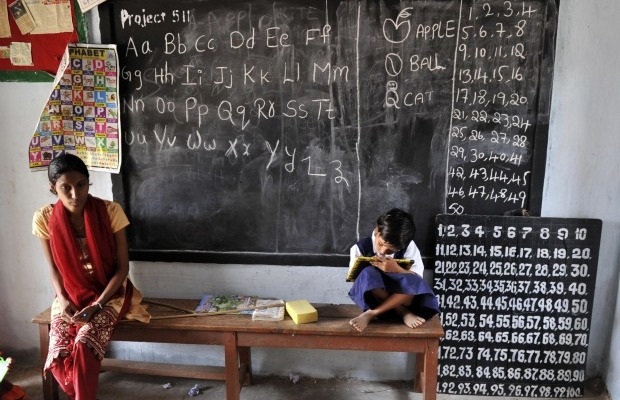Religion and education are two distinct social institutions that oftentimes have a lot more in common than we think. In the major world religions (i.e., those that are most common worldwide), it is evident that the perception of education is of a great degree of importance across all faiths/religions. In the same instance, however, inequality exists within both social institutions, and sometimes even across social institutions (such as in the case of the articles you read in class this past Wednesday). Based on your understanding of how functionalists, interactionists, and conflict theorists perceive religion, education, stratification, and inequality, choose only one of the three perspectives to analyze the following:
- Religious discrimination in school/education based on the specific article you read;
- and affirmative action in Brazil as shown in these two videos (Part I and Part II only).
***Note: For further reference, the PowerPoint briefly shown in class on religion and education is available
here.
Your response should be posted below via the "Add Comment" link below. Please also make sure to include your name and email address as prompted (
Note: your email address will not be published online). Each student is expected to "reply" to at least two comments posted by his/her peers by the following Sunday (July 1, 2012).
This blog assignment is due: Monday, June 25, 2012, 5:30 p.m., EST

 RSS Feed
RSS Feed